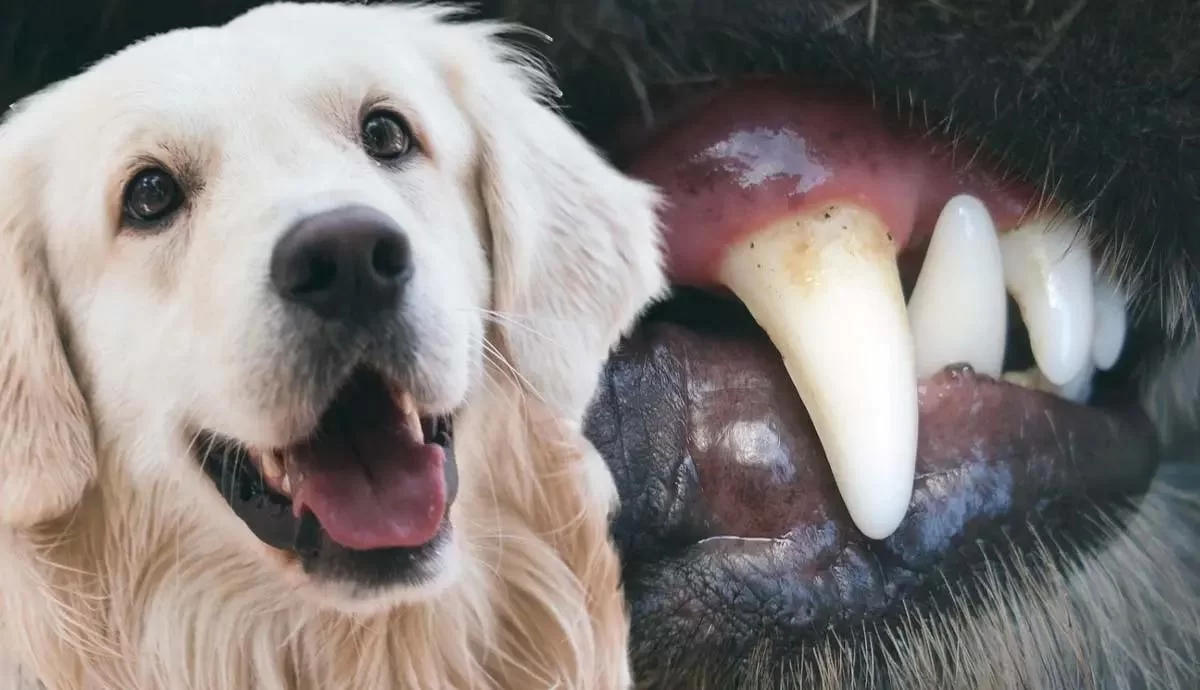Symptoms and Treatment for Pet Dental Diseases: What Every Pet Owner Should Know
- 1. Understanding Pet Dental Diseases
- 2. Common Symptoms of Pet Dental Diseases
- 3. Treatment Options for Pet Dental Diseases
- 4. Preventing Pet Dental Problems
1. Understanding Pet Dental Diseases
Just like humans, pets are susceptible to dental diseases, which can significantly impact their overall health. Pet dental diseases, including periodontal disease, gingivitis, and tooth decay, are common but often overlooked. These issues can lead to severe pain, difficulty eating, and even systemic health problems if not treated early.
The importance of maintaining good dental hygiene for your pets cannot be overstated. Dental diseases can cause discomfort, foul breath, and even more severe complications, such as heart or kidney problems. As a pet owner, being aware of the symptoms and seeking early treatment can help ensure your pet lives a long, healthy life.
2. Common Symptoms of Pet Dental Diseases
Detecting pet dental diseases early is essential to preventing long-term damage. Here are some common symptoms that might indicate your pet is suffering from dental issues:
- Bad Breath (Halitosis): Foul-smelling breath is one of the first signs of dental disease in pets. It often results from the buildup of plaque and tartar in the mouth, leading to gum infection.
- Red or Swollen Gums: Healthy gums should be pink and firm. If your pet's gums appear red, swollen, or bleed when touched, they may have gingivitis or periodontal disease.
- Excessive Drooling: Pets with dental issues may drool more than usual due to discomfort or difficulty swallowing.
- Changes in Eating Habits: If your pet is avoiding food or chewing differently, it may be because of oral pain. Dental issues can make it difficult for pets to chew their food properly.
- Visible Tartar or Plaque: Yellow or brownish deposits on your pet's teeth can indicate plaque buildup, which can lead to further oral health problems if left untreated.
- Loose or Missing Teeth: If your pet has missing or loose teeth, it’s a serious sign that the dental disease has advanced and needs immediate attention from a veterinarian.
If you notice any of these symptoms in your pet, it's crucial to schedule a veterinary check-up as soon as possible to diagnose the issue and determine the appropriate treatment.
3. Treatment Options for Pet Dental Diseases
The treatment for pet dental diseases varies depending on the severity of the condition. Here are some common treatment options:
- Professional Cleaning: If your pet has plaque or tartar buildup, a professional dental cleaning under anesthesia may be necessary. This procedure involves removing the buildup and polishing your pet's teeth to prevent further plaque accumulation.
- Tooth Extraction: In severe cases, where a tooth is beyond saving, extraction may be necessary. This is usually done if a tooth is loose or severely infected.
- Antibiotics and Pain Relief: If an infection is present, antibiotics may be prescribed to help clear the infection. Pain relief medication will also help manage any discomfort during recovery.
- At-Home Care: Regular brushing with pet-safe toothpaste is one of the most effective ways to prevent dental disease. Additionally, dental chews and treats can help reduce plaque buildup and keep your pet's teeth clean.
- Root Canals or Fillings: In some cases, if a tooth is severely decayed but not beyond repair, a root canal or filling may be recommended to save the tooth.
Treatment for pet dental diseases requires a multi-pronged approach, and it’s essential to follow your veterinarian's advice for the best outcome. Regular check-ups and cleanings are key to preventing dental diseases and catching any issues early.
4. Preventing Pet Dental Problems
Prevention is always better than cure when it comes to pet dental health. Here are some tips for keeping your pet's teeth in tip-top shape:
- Brush Your Pet’s Teeth Regularly: Just like humans, pets need regular brushing. Aim to brush your pet’s teeth at least 2-3 times a week to prevent plaque buildup. Use a pet-specific toothbrush and toothpaste.
- Provide Dental Chews and Toys: Dental chews and toys can help reduce plaque and tartar buildup. They also help satisfy your pet’s natural urge to chew.
- Regular Vet Checkups: Regular dental checkups at the vet will help identify early signs of dental disease before it becomes a bigger issue. Your vet can also recommend specific treatments based on your pet’s oral health.
- Avoid Hard Treats: While chewing is important for oral health, hard treats and bones can sometimes cause broken teeth or injury. Always choose safe chew toys designed for your pet’s size and age.
By incorporating these preventative measures into your pet’s routine, you can help ensure they have healthy teeth and gums for years to come.
As a pet owner, taking the time to understand the symptoms and treatment options for pet dental diseases is crucial for maintaining your pet’s overall health. If you're noticing signs of dental disease in your pet, don’t wait—schedule an appointment with a trusted veterinarian right away. At Hidden Brook Veterinary, we offer comprehensive dental care services to help keep your pet's smile healthy and bright. Learn more about our veterinary dental treatments today.










